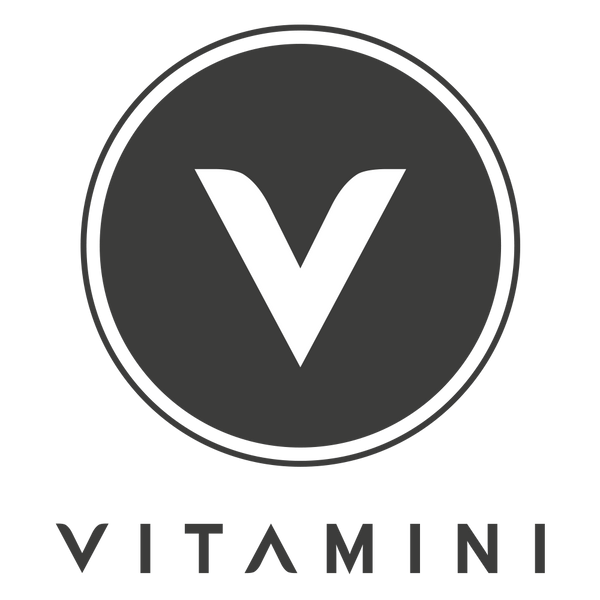
Nurturing Your Bone Health Through Menopause: A Comprehensive Guide
Share

Hello, everyone,
As we navigate the menopause journey, we often become more attuned to our body's needs, especially the health of our bones. The decrease in oestrogen levels during menopause can lead to a reduction in bone density, raising concerns about osteoporosis and joint discomfort. However, understanding how to support our skeletal system empowers us to move through menopause with strength and ease.
Understanding the Impact on Bone and Joint Health
Menopause marks a period of significant bodily change, notably increasing the risk of bone density loss and joint issues. This transition necessitates special attention to our physical well-being, focusing on maintaining strength and flexibility.
Holistic Strategies for Bone Health
Achieving optimal bone and joint health during menopause involves a multifaceted lifestyle approach that includes exercise, nutrition, and mindful habits.
- Exercise for Strength and Flexibility: Incorporating weight-bearing and resistance exercises into your routine is vital. Walking, jogging, dancing, and strength training stimulate bone growth and maintain bone density. Yoga and Pilates also protect your joints by strengthening the muscles around them.
- Balanced Nutrition for Bone Vitality: Calcium and vitamin D-rich diets are essential for bone health, with leafy greens, dairy products, fish, and fortified foods providing these nutrients. Magnesium and vitamin K, crucial for bone health, are found in nuts, seeds, and green leafy vegetables.
- Hydration and Lifestyle Choices: Proper hydration is essential for overall health and directly influences bone and joint health. Limiting caffeine and alcohol intake can also support skeletal well-being.
Advanced Nutritional Support
Certain nutrients play a significant role in supporting bone and joint health during menopause:
- Advanced Collagen for Joints and Bones: Featuring Marine Collagen Type 1, this supplement is fundamental for the strength and flexibility of bones and joints, supporting the body's structural requirements during menopause.
- Synergistic Vitamins D3 and K2: These vitamins ensure calcium is properly absorbed and utilised by the body, enhancing bone health.
- Key Minerals and Vitamin C: Magnesium and Zinc support bone mineralisation and vitamin D activation, while Vitamin C is vital for collagen formation and cartilage maintenance.
- Turmeric Extract for Joint Comfort: Its anti-inflammatory properties help manage joint discomfort, improving mobility during menopause.
Optimising Nutrient Absorption
For bone health during menopause, it's not just what nutrients you consume but how well they are absorbed and utilized by your body that counts. Vitamin D, essential for calcium absorption, is more effectively absorbed when paired with dietary fats due to its fat-soluble nature. Therefore, consuming vitamin D-rich foods or supplements with a source of healthy fats can enhance its uptake. Similarly, the role of Vitamin K2 is crucial as it ensures that calcium is directed into the bones and teeth where it is needed, rather than depositing in soft tissues and arteries. This action is vital for maintaining bone density and overall cardiovascular health. By adjusting your diet to include these synergistic pairings, you can significantly improve the health and density of your bones during menopause.
The Psychological Aspect
During menopause, the emotional and psychological shifts can significantly impact our physical health, particularly our bones. Stress and anxiety, common during this transition, lead to elevated cortisol levels. This stress hormone, when consistently high, directly affects our bones by slowing down the formation of new bone and increasing the rate at which bone is broken down. This imbalance can contribute to a decrease in bone density, making bones more susceptible to fractures. Incorporating mindfulness and deep-breathing exercises into your daily routine can not only help manage stress levels but also has a protective effect on bone health. These techniques reduce cortisol levels, thereby supporting the maintenance of stronger bones.
Routine Health Check-ups
Regularly consulting healthcare providers for bone density assessments and personalised advice on supplementation is crucial for a holistic approach to bone and joint health during menopause.
Embracing Menopause with Confidence
Menopause presents an opportunity to prioritise our health in new ways. By adopting proactive strategies for supporting our bones and joints, including targeted exercise, balanced nutrition, and comprehensive supplementation like our Advanced Collagen for Joints and Bones, we can approach this chapter with confidence and vitality.
Warm regards,
Team VITAMINI


